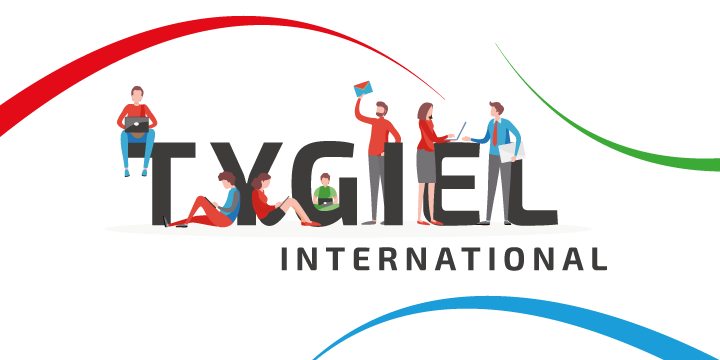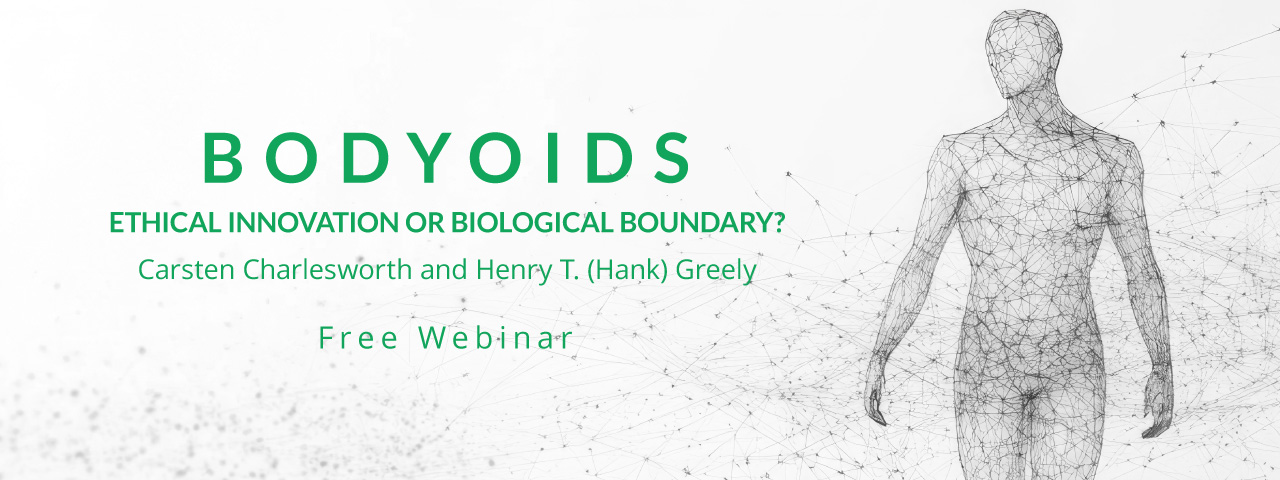


Free webinar „Bodyoids – Ethical Innovation or Biological Boundary?”
December 2, 2025
10:00 am (PST)
For more information follow the link.



Free webinar „Bodyoids – Ethical Innovation or Biological Boundary?”
December 2, 2025
10:00 am (PST)
For more information follow the link.